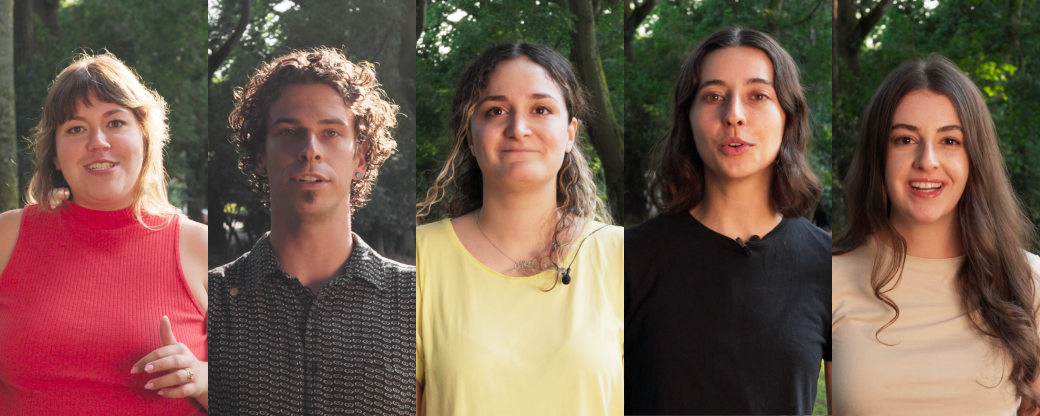Hello, Colleagues
This month, I am closing out my two-year term as President of AIA Oregon. It has been an honor to serve alongside many dedicated, generous, and forward-thinking members. So, I would like to take this opportunity to reflect on what we’ve accomplished and to thank all of those who have helped advance our organization – whether by advocating at the Capitol, mentoring the next generation of architects, or strengthening our network across the state.
Our 2024 and 2025 Oregon Leadership Summits in Salem were powerful reminders of our collective influence. Emerging professionals connected with OSBAE, engaged directly with legislators, and deepened their understanding of the role architects play in shaping policy. Our presence helped support the passage of Duty to Defend reform – finally relieving architects of an outdated burden, in government contracts, to defend against all claims. We also advanced meaningful conversations with IIDA Oregon about increasing recognition and relevance for their profession through a proposed state certification program.
The 2024 Oregon Design Conference in Bend pushed us to confront Oregon’s housing affordability crisis and our responsibility as designers. From that conference emerged the Housing Advocacy Committee and two new member-driven initiatives – Project Almost Architect and the now-established CoPAL (Committee on Practice and Licensure) – born from the early energy of “Mentor Madness.” My sincere thanks to Evon Calabrese and Nicole Becker for the leadership and passion they brought to these efforts.
I’m also incredibly proud of the past two years of the Chris White Memorial Scholarship Golf Tournament, which has become not only a successful fundraiser but a joyful, heartfelt gathering that strengthens our community while supporting our emerging professionals.
This year, our Oregon Architecture Awards returned to Revolution Hall, celebrating excellence across the profession. I had the privilege of empaneling two awards juries during my tenure – an honor that gave me a front-row seat to the remarkable breadth of talent in Oregon. We also launched a standing Honors & Awards Task Force, ensuring our awards programs remain relevant, rigorous, and reflective of our evolving profession.
Our continuing education programs remained strong, with the Digital Design Series and Thursday Roundtables providing consistent, accessible learning statewide. We made meaningful progress on our ELEVATE plan, including work on a refreshed AIA Oregon website – member feedback is underway now – and we launched the AIA Oregon Circle, giving members a dedicated hub for connection, resources, and tools to support local events.
Our 2025 Strategic Planning Initiative has been published. When members gathered in Bend in May, we recognized that our mission has two fundamental priorities. First, of course, we are a member-services organization. Think professional development, awards and member recognition, accessible and reliable programming. The other important aspect of our mission is about how we, as architects, are committed to enhancing our communities and to the betterment of the built environment. Advocacy, partnerships, and outreach are key to amplifying our state and local presence. Our Sections, programs, and committees are essential components in achieving our goals and strategic priorities. And participation is the best way to see the value of your membership.
This leads me to the “thank you” portion of this message. I am filled with gratitude for what our community has achieved together. To the leaders of all five sections and to every committee chair and volunteer: thank you. Your time, energy, and dedication make AIA Oregon the vibrant, member-driven organization it is. Thanks also to our Board of Directors and our representatives serving on national committees and councils. And certainly, thank you to AIA Oregon’ terrific staff – Heather, Colleen, Kathy, and Paul. So many of our successful endeavors could never be accomplished without your tireless efforts.
Tomorrow, I’ll chair my last Board of Directors meeting. As I pass the gavel, my hope is that we continue the momentum we have generated – show up, mentor, advocate, lead. Our profession is strongest when every voice finds a place in the conversation.
Thank you for the privilege of serving. It has truly been one of the great honors of my career, and I can’t wait to see what we build next – together!
Sincerly,
John Flynn, AIA




